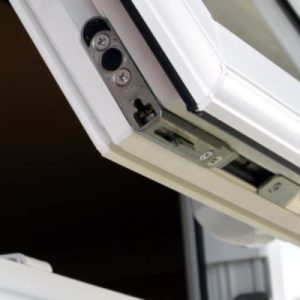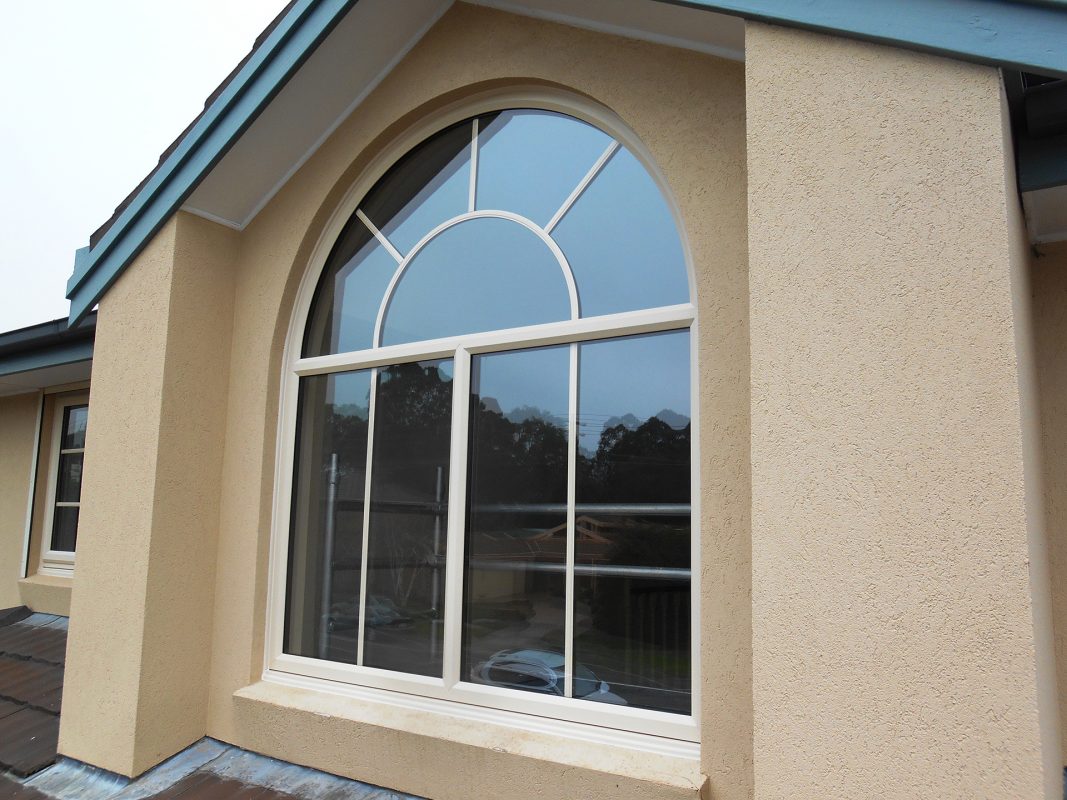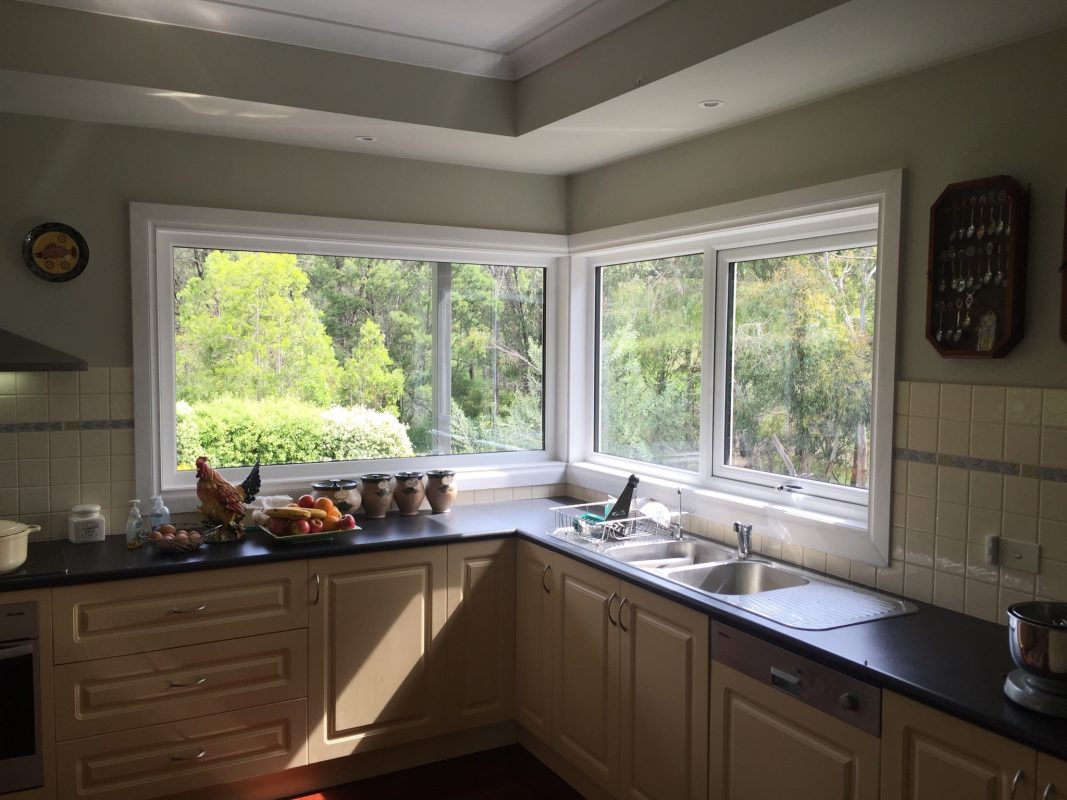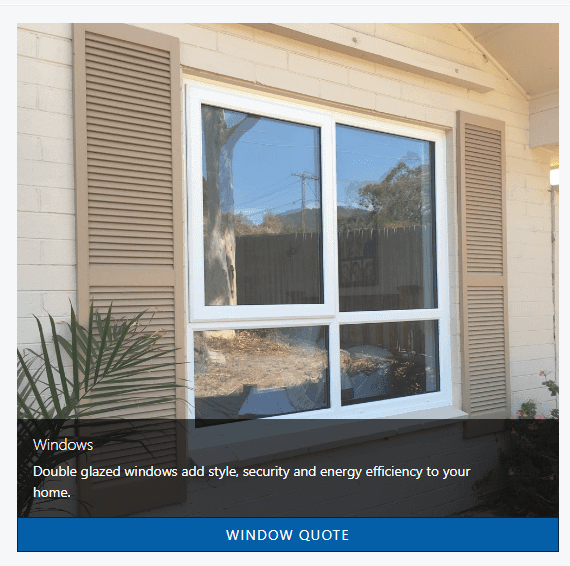What Is The Lifespan Of uPVC Windows?

In the modern building sector, uPVC is one of the top three synthetic plastic materials used. For many years, it has shown to be more dependable, cost-effective, and ecological than conventional substitutes like wood and aluminium. Modern manufacturing advances have significantly increased the quality of uPVC windows over the last ten years. At Ecostar Double Glazing, one of our two on-site facilities is where we produce our uPVC windows. Because we have manufacturing facilities close by, we can provide quick lead times, excellent quality, and reasonable rates. In addition, we may customise our windows to meet your needs. We provide a wide range of customization choices. The timing is now more than ever to purchase high-quality uPVC windows.
However, concerns about uPVC’s dependability and durability have been voiced since its initial installations in the 1930s. Because it is a synthetic substance, consumers have been worried about its durability and impact on the environment. The conventional materials of wood and aluminium have proved to be robust, durable, and pricey. How long should your investment continue given the cheaper price of uPVC windows?
Our Ten-Year Warranty

All of the items we sell, including our selection of uPVC windows, come with a 10-year warranty from Ecostar Double Glazing. However, if properly maintained during their lives, uPVC windows should last considerably longer. An installation made of uPVC should typically endure around 20 years or so. However, depending on the level of maintenance, it may go as far as 35. In light of this, if you had uPVC windows built in 2002, you may be considering replacing them right now. Since then, improvements in the manufacturing process have made it possible that uPVC windows will survive more than 20 years. Your uPVC windows should be cleaned and maintained on a regular basis to ensure a generational lifespan. Due to its synthetic makeup, uPVC windows are inherently resistant to the elements. uPVC is totally moisture-proof, unlike wood, which may absorb moisture and distort or support microorganisms. Water thus rolls off of it as it would any other synthetic material. Consequently, the erratic weather in the UK has no effect on uPVC windows. uPVC windows are easy to clean. Simply remove any accumulated dirt or grime using a damp cloth. Only every three months is required, and merely twice a year is sufficient in regions with generally predictable and clear weather.
uPVC’s Short History

In the 1980s, uPVC, a maintenance-free substitute, gained enormous popularity. Even though uPVC was first introduced to the industry in the 1930s, it wasn’t until the 1980s that it became widely used. In the 1970s, when double glazing first gained popularity, homeowners were seeking a less costly option to the pricey aluminium and wood windows that were then available. uPVC provided superior thermal performance at a cheaper price point than aluminium, which suffered from being a poor insulator (something that is no longer an issue). uPVC windows were widely used by the 1990s, and design advancements really began to take off about 2000. These windows offered more protection for the house and were easier to install because of softer frames and higher security choices. By 2010, the contemporary homeowner was looking for window frames that were easy maintenance yet had a more upscale appearance. In response, uPVC window producers started providing profiles in a variety of colours and grained treatments. Our uPVC windows come in a range of designs and finishes at Ecostar Double Glazing, including slate grey, Irish oak, and rosewood.
Double Glazing From Ecostar
Use our online form to get in touch with Ecostar Double Glazing if you have any questions about our uPVC windows. One of our staff members will call you immediately after you provide your contact information and the product you’re interested in.

